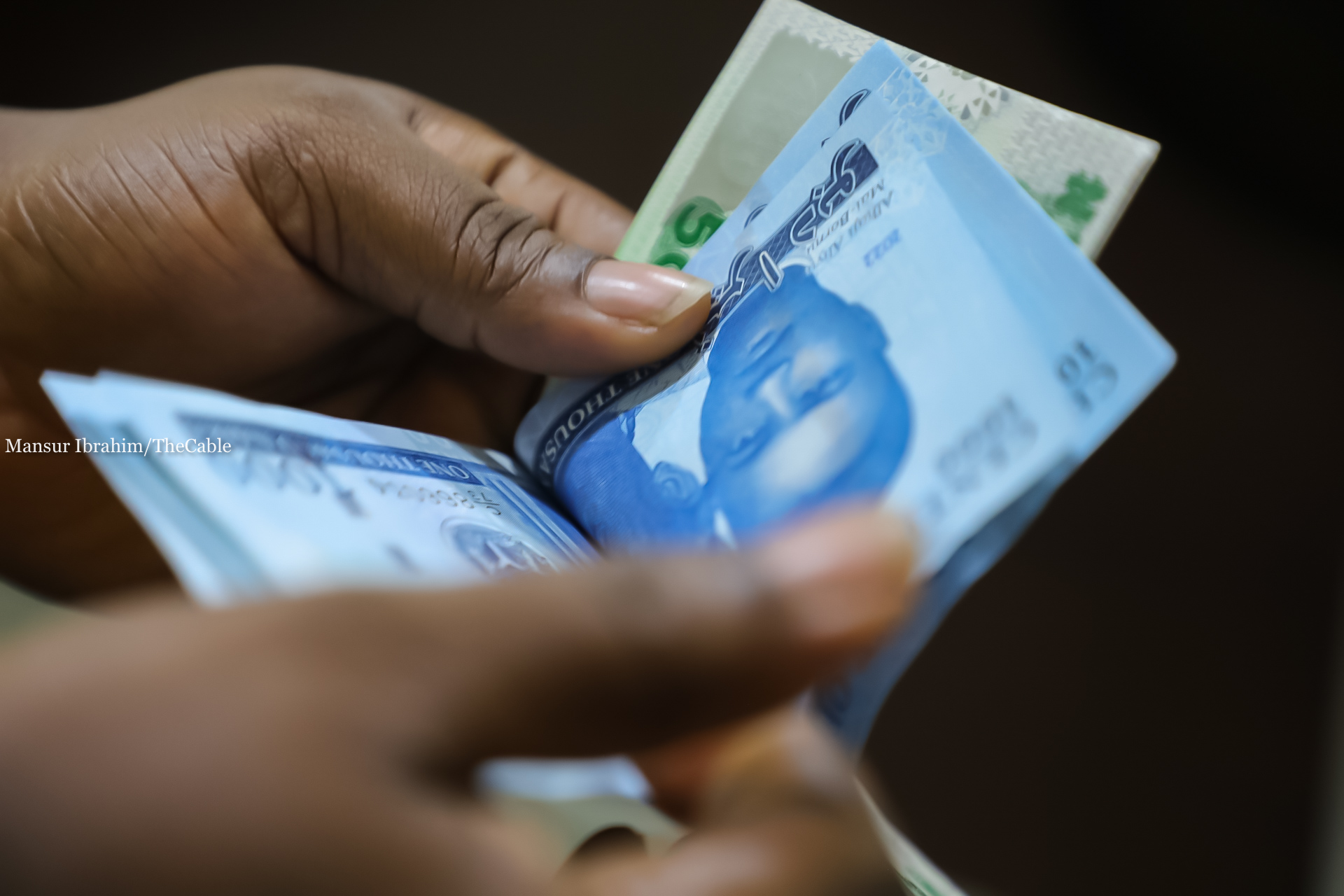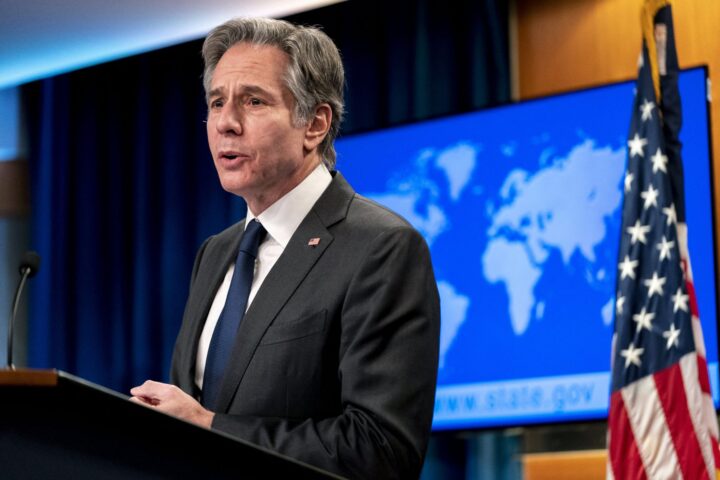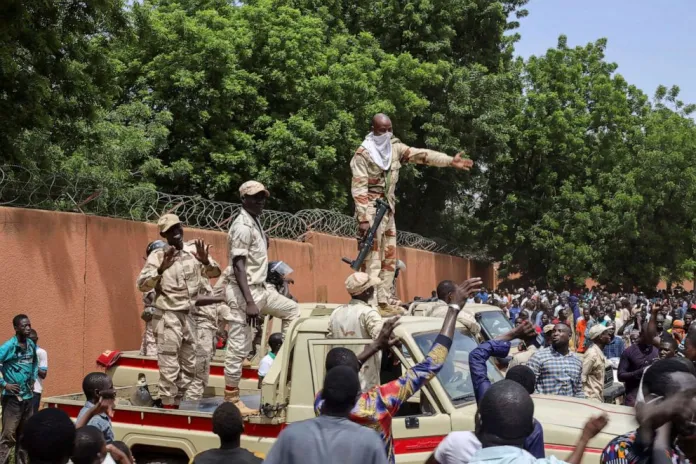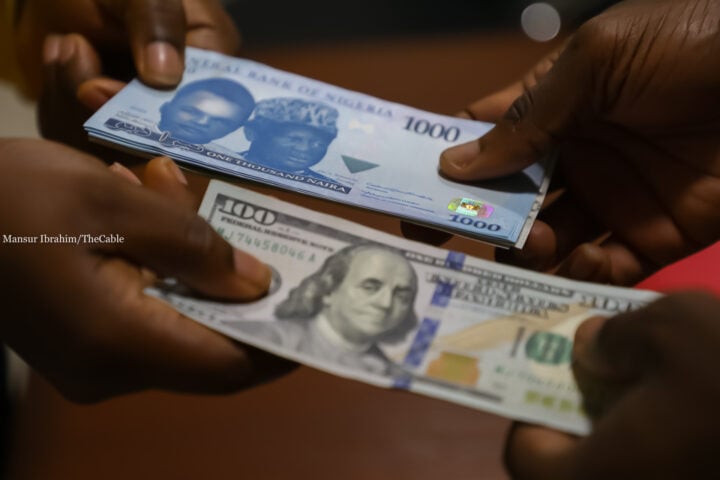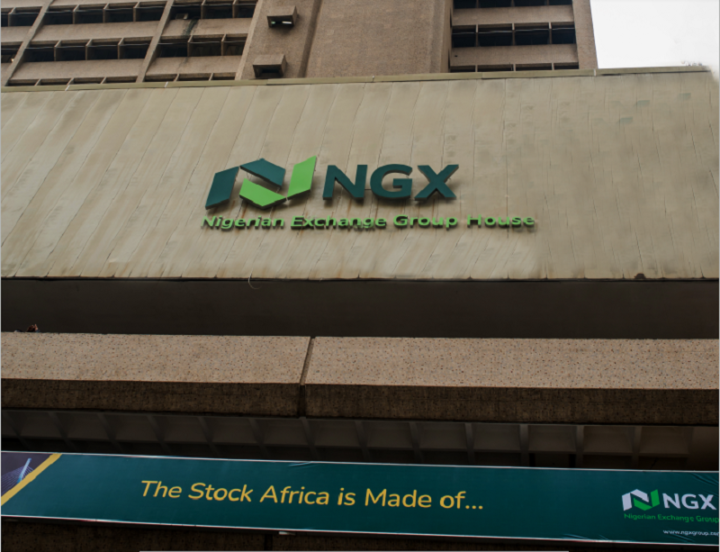Resolved. There are smarter people in government than ‘Mayowa Tijani; these people have the answers to the economic challenges the country is facing, they have the numbers up-to-the-minute to make decisions, and also have the political power to save the naira. What they may not have, however, is the absence of pressure, the lack of personal interest, and a nothing-to-lose luxury that I can still afford today. Hence, my intervention.
From the get-go, let me say I support the economic decision to remove fuel subsidies and unify foreign exchange rates. I have consistently called for both for about a decade now, and I still believe we do it now, rather than later. But let’s face it; the naira is drowning.
On Monday, the local currency traded at a weighted average of 749 to the dollar at the I&E window. At the parallel market, it traded for as high as 953. This is an about N200 difference on every dollar, emphasizing the failure of the exchange rate unification policy as announced by President Bola Tinubu and the Central Bank of Nigeria (CBN).
To make matters worse, CBN financial statements have shown that the country does not have as much in its foreign exchange reserves as earlier believed. All of these point to more problems for the naira.
Advertisement
As if that were not enough, petrol marketers say the price of one litre of premium motor spirit (PMS) may go as hear as N720 in the coming weeks, due to high dollar prices. If you’ve been monitoring the market, you can tell that Brent crude traded at $90.75 per barrel on Monday. Higher crude oil prices now directly translate to higher petrol prices — N720 may not be the peak.
WHAT IS THE PROBLEM WITH THE NAIRA?
I have seen the social media narrative that the deposit money banks are sabotaging the unification policy. The peddlers of this argument suggest that the banks buy dollars from I&E window at N750 per dollar and sell at the parallel market for N920, making a kill while at it.
Others suggest that Nigerians are mopping up every dollar that comes into the market, drying up the liquidity in the market. But flooding their homes and bank accounts with the greenback. I believe this is called hoarding.
Advertisement
While both arguments may seem to have some merit, I disagree vehemently on both counts. Here is my position: I believe a great policy should be beyond such sabotage. It is in the interest of everyone, including the banks, for this policy to work. I belong to Adam Smith’s school of thought that we should not appeal to the good in people; we should appeal to their self-interest while making policies.
I can hear someone say “leave Adam Smith, this is Nigeria”. So here’s a Nigerian version: We should not assume Nigerians are patriotic and would not hoard dollars or mop up liquidity as the CBN pumps the greenback into the economy. We should also not trust that banks will be fair and just in the distribution of scarce dollars.
When Nigeria embarked on a naira redesign policy, the CBN and the MINT did not trust Nigerians not to make their own redesigned naira notes at home. Part of that policy is making enough security features into the new naira notes that people will not be able to make them at home. That’s how policy should work.
CAN THE NAIRA-DOLLAR PROBLEM BE SOLVED?
Yes, we can. How? There are many ways to markets, but the only way to solve this problem is to increase liquidity. Right now, there’s an artificial demand, driving up the prices, which the acting CBN governor said on Monday that his team is working to fix in days. We don’t know what the plans are, so we cannot critique them right now.
Advertisement
Here is a problem I see; from the diaspora, many Nigerians are sending dollars/pounds/euro/CAD home, but that liquidity rarely enters our market — at least not through official means.
Assume your uncle in the US wants to send you $1,000. To do this through a bank is both strenuous and slow, so he resorts to using a fintech app that promises immediate transfer of the funds. He pays the app, $1,000, and the app pays N920,000 into your naira account in minutes, that $1,000 liquidity actually did not enter the Nigerian market.
What simply happened was that the fintech added $1,000 to its own US bank account and paid you N920,000 from its Nigerian bank account. Thousands of transactions like this happen daily but never improve our liquidity.
To take it further, ask yourself, as an ordinary Nigerian, can you buy dollars from the I&E window from the comfort of your home — just the way you can make an electronic naira transfer from your mobile phone? The answer is no for a majority of us. One of the ways to fix this FX situation is to turn that answer to yes.
Advertisement
Iyin Aboyeji of Future Africa recently made the argument that decentralising the payment system as was done with Nigeria Inter-Bank Settlement System Plc (NIBSS) to allow more fintech companies to compete with banks will increase liquidity. I checked the data and it ticks; following the creation of Financial Service Innovators (FSI) sandbox in 2018, which allowed more channels into the instant payment system, transaction values in the economy grew astronomically.
From 2018 to 2022, the NIBSS Instant Payment Platform (NIP) transactions rose by 613.1 percent from 729.2 million to 5.2 billion. The transaction value also jumped from N80.4 trillion in 2018 to N387.1 trillion by 2022.
Advertisement
Removing the middlemen and the power they wield always goes a very long way in fixing free market issues, and this may just be another way to boost liquidity and stabilise the naira lest the naira float drowns us all. We would only find out if we try.
You can reach ‘Mayowa on Twitter @OluwamayowaTJ
Advertisement

